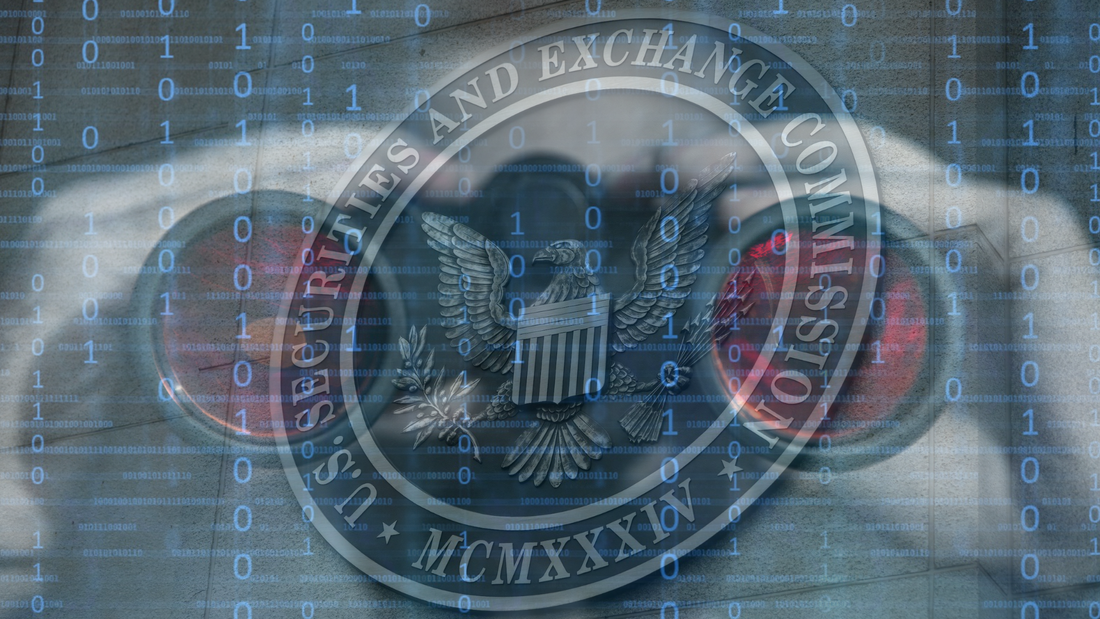|
Like a gourmand gorging at a banquet table, the government’s growing appetite for expanding surveillance is beginning to get a little hard watch. Consider some recent developments.
First, the Senate is voting this week on a bill to reauthorize FISA Section 702 with an amendment that includes what Sen. Ron Wyden calls “one of the most dramatic and terrifying expansions of government surveillance authority in history.” This bill would compel millions of small businesses that merely have “access” to “communications equipment” (like Wi-Fi) to hand over customers’ messages to the government. Little wonder this has been branded the “Everyone’s a Spy” provision. Second, the House will also vote on the Fourth Amendment Is Not For Sale Act, which would curb the practice of the FBI and other federal agencies of purchasing Americans’ most sensitive digital information from data brokers. Third, a House Judiciary Committee investigation also recently found that the U.S. Treasury’s Financial Crimes Enforcement Network (FinCEN) has been working with banks to conduct warrantless dragnets of large numbers of Americans’ confidential financial information, often using politically charged search terms. In all, 650 companies were connected to the FBI’s web port, covering two-thirds of U.S. GDP and 35 million people. See a pattern here? The government’s hunger to expand surveillance into every realm of American life cannot be filled. Many of these programs – like data purchases and FinCEN surveillance – are based on no law and fall under no Congressional or judicial oversight. Now, thanks to former Attorney General William Barr, we know that the Securities and Exchange Commission (SEC) is also getting in on the act. With no statutory approval, the SEC is taking it upon itself to start a huge database called the Consolidated Audit Trail that will allow 3,000 government employees to track, in real time, the identity of tens of millions of Americans who buy and sell stocks and other securities. “This invites abusive investigatory fishing expeditions, targeting of individuals, and intrusive data mining,” Barr writes in The Wall Street Journal. “Concentrating this sensitive data in a single repository guarantees it inevitably will be hacked, stolen, or misused by bad actors.” Barr mostly dwells on the inappropriateness of government surveillance of millions of people who’ve done nothing suspicious. He adds that “the whole point of the Fourth Amendment is to make the government less efficient by making it jump through hoops when it seeks to delve into private affairs. For an agency to argue that it should be able to avoid these hoops to make investigations easier is to assert that it should be exempt from the Fourth Amendment.” Well stated. This is the same William Barr, however, who also recently took the pages of National Review to persuade his fellow conservatives to support the House Intelligence Committee’s version of FISA reauthorization – which also authorizes many forms of dragnet surveillance. Perhaps it will soon dawn on the supporters of the status quo that the “whole point of the Fourth Amendment” should reach beyond stock trades to include “Everyone’s a Spy,” data purchases and all the other egregious privacy violations of our growing surveillance state. Comments are closed.
|
Categories
All
|


 RSS Feed
RSS Feed